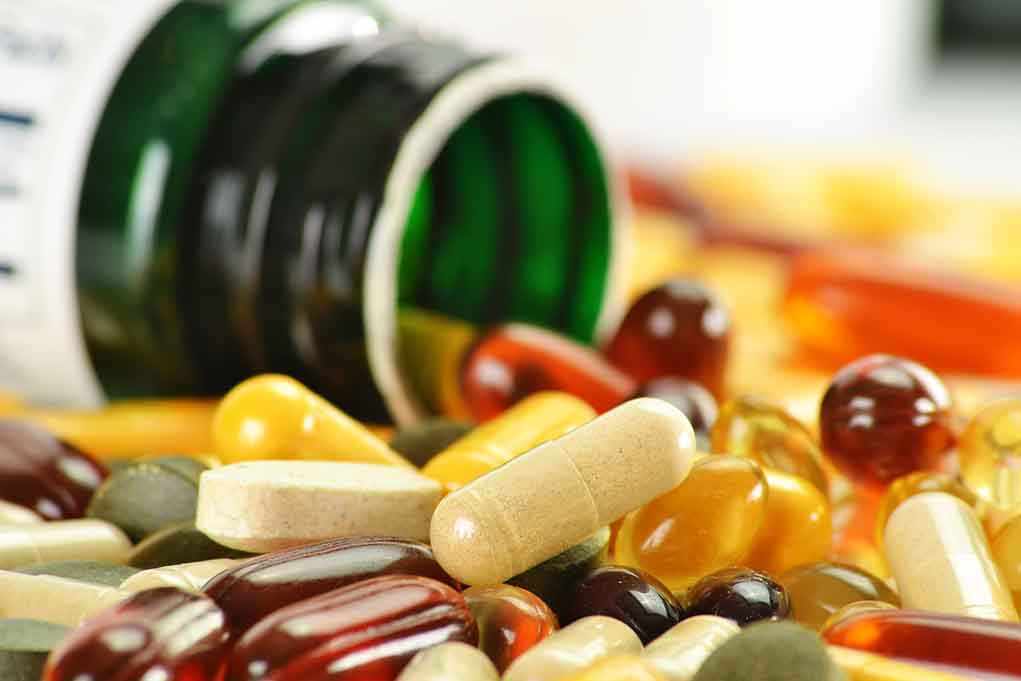
Organ meat supplements promise a nutrient-packed punch, but are they a dietary miracle or just another overhyped trend?
Story Snapshot
- Organ meat supplements are derived from freeze-dried cow organs, offering high nutrient content.
- The rise of paleo and carnivore diets has renewed interest in these supplements.
- Potential health benefits are debated, with experts cautious about safety and regulation.
- Nutritional claims are weighed against risks, including cholesterol and potential contaminants.
Understanding Organ Meat Supplements
Organ meat supplements originate from ancient dietary practices, where organs like the liver, kidney, and heart were prized for their nutrient density. In modern times, their popularity dwindled in the U.S., but with the rise of paleo and carnivore diets, these supplements have made a comeback. They are marketed for their high content of vitamins, minerals, and proteins, aiming to fill nutritional gaps, especially for those with restrictive diets.
Unlike traditional consumption, these supplements come in powder or capsule form, offering convenience for those who shy away from whole organ meats. However, their safety and efficacy remain a topic of heated debate among nutritionists and health professionals.
Nutritional Benefits and Risks
Advocates of organ meat supplements highlight their rich nutrient profile. They are dense in B vitamins, iron, zinc, and protein, making them appealing to athletes or those with specific nutritional needs. However, concerns about excessive cholesterol, purines, and vitamin A persist. These components can pose risks, particularly for individuals with high cholesterol, gout, or hemochromatosis, who might experience adverse effects.
Moreover, the potential for contaminants like heavy metals and the historical scare of bovine spongiform encephalopathy (mad cow disease) add layers of caution. Despite this, some health experts see value in supplementation for those with specific deficiencies, provided they consult healthcare professionals beforehand.
Regulatory Challenges and Consumer Safety
The regulatory landscape for organ meat supplements is largely uncharted. The U.S. Food and Drug Administration (FDA) oversees supplement safety, but regulation is minimal compared to pharmaceuticals. This regulatory gap raises questions about product quality and labeling, especially regarding claims like “grass-fed” or “pasture-raised.” Transparency in sourcing and processing is increasingly demanded by consumers.
Current scrutiny highlights the need for clearer labeling and more rigorous safety standards. Consumers are urged to seek products from reputable manufacturers and consult their doctors, particularly if they have pre-existing health conditions.
Expert Opinions and Market Trends
Dietitians generally advocate for whole foods over supplements, stressing the importance of balanced diets. However, they acknowledge that for specific populations, such as those with iron-deficiency anemia, organ supplements could be beneficial. The market for these supplements continues to grow, driven by increased consumer awareness and demand for nutrient-dense options.
Critics argue that the supplements are a product of effective marketing rather than necessity, cautioning against overconsumption and the lack of substantial clinical trials. As the debate continues, consumers are caught between the allure of ancestral nutrition and the potential for harm.














